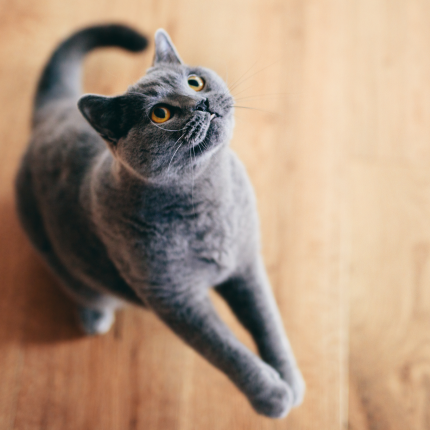Why Does My Cat Loaf?
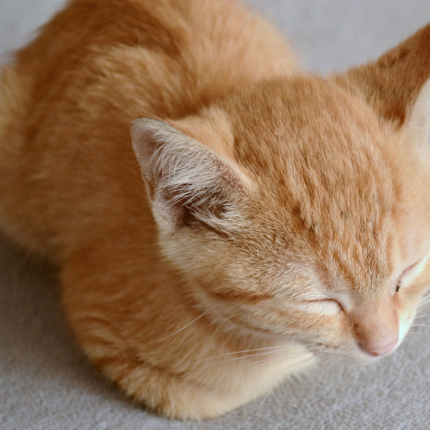
There is something curious about a cat’s behavior when it lounges around. Why does a cat loaf? Scientists have been studying this question for years, and while they have not come to a definitive answer, they have uncovered some interesting facts about cat loafing.
For one, cats tend to loaf in areas where they can easily see their surroundings. This allows them to keep an eye out for predators or prey. Additionally, cats often use body language to communicate while loafing. For example, when a cat is relaxed and comfortable, it will lay its head down with its eyes closed.
So why do cats’ loaf? The answer remains a mystery, but scientists continue to study this fascinating behavior!
advertisement
What is cat loafing?
A common resting position for cats involves tucking their forepaws underneath them to form an almost-perfect rectangle. The reason this shape might be called “loafing” comes from the fact that they often take up most space when in such a seated pose – like with our furry friend here who has chosen instead to sit tall on his haunches so you can see all four paws at once (plus some)! This means he is contented but not stressed enough for anything other than lounging around doing nothing, really Cats are often lazy, but it is hard to know why they do certain things. You must understand what this behavior looks like and how you can figure out whether your cat is loafing when they appear uninterested in everything around them!
What does the cat loaf position mean?
You might see your kitty lounging in a prone position because they are just looking to take it easy. Cats like nothing better than catching up on some zzzs and lying down allows them this luxury! While we humans cannot quite understand what goes through their furry heads when choosing how best to lie down for an evening’s rest- after all, our bodies are quite different from those of cats – there could be many reasons one would choose such positions as opposed.
Cats are much more careful when they feel threatened. For example, if you show its claws or try to corner them in an area where there is no escape route available for a quick escape, the behavior will occur as well so it can keep safe from any harm coming towards itself.
Suppose a cat keeps both front paws underneath its body while sitting with legs extended outwards at right angles. This suggests that he feels secure enough not to engage in high-intensity behaviors such as playing around, etcetera.
When cats are mobile, they typically keep a low profile. They will not stretch themselves fully or let their belly show for fear of being caught by predators who might want to eat them!
Thermoregulation
Mammals have difficulty regulating their body temperature because of how it is structured. For instance, cats can lose up to 98% of heat through their paws and feet when lying down to not be too uncomfortable while sleeping or conserve energy by keeping them tucked under themselves for better insulation against chilly mornings and nights!
You might notice your cat curling its tail around its back to keep it close for the same reason. So, if you see this behavior urinating outside of normal hours or on occasions when they usually do not go near any urine-soaked areas in their home, it could be an indication that something is wrong with them!
Your cat may hide its paw under the body if injured. If you think that your kitty’s foot is damaged, do not pull on this area as most cat’s dislike people touching their paws, and further damaging them can occur in some cases, like cuts or open wounds on pads which will cause intense pain when managed incorrectly by humans due to how sensitive they are! You may have a compromised kitty if your cat is limping and does not like putting pressure on one of its paws.
Illness
The cat positions itself differently while loafing, depending on its health. If your kitty has kidney problems, it might adopt a “loaf” position that is different from other cats because it lacks the energy to keep upright and look forward like normal behavior would dictate; instead, its head droops down onto paws underneath them, or pointing outward at an angle, so no pressure comes upon internal organs. A cat’s organs can fail suddenly after many years with chronic disease, which is common in CKD cats who crash frequently.
Your cat might want to sit like a loaf for no obvious reason. Sometimes it lies on its back, and other times they prefer lying down with its stomach exposed- just as you do when sleeping!
The same applies to people: sometimes we wish our heads were resting comfortably against something soft, while at other times, there is nothing better than curling up into yourself in one position after another until finally ending our session here today by closing your eyes tight so all will go away except warmth from within.
Why does my cat loaf outside but not inside?
If you think about it for a minute, there is some sense behind this! Many outdoor-positioned kitties feel more vulnerable and are on higher alert than their indoor counterparts, who always have protection around them (even if they are indoors). This could account for why my furry friends seem less relaxed when resting outdoors; predators or other animals might consider us prey, so we need extra awareness during any given moment- even just catching sight of something out.
The Cat Loaf Position is no danger to your cat. This position means they are semi-relaxed or, in some cases, relaxed. Still, there is not potential harm unless you suspect the kitty may be experiencing pain or illness, which will require immediate attention from its owner!
advertisement
Conclusion
As a cat parent, you know your fluffy friend is always hungry for attention and affection. When they lie down with their head in between two paws as if giving themselves up entirely to whoever might be feeding them at any given time – it is no wonder people call this position “loafing.” But what does the loaf mean? Does my kitty have medical problems I need veterinary help with, or is resting comfortably when done by humans too? The truth may surprise some: usually, these cats express trustful dependence on those who share the responsibility of caregiving over themselves (and often get more than enough love).

Featured Articles
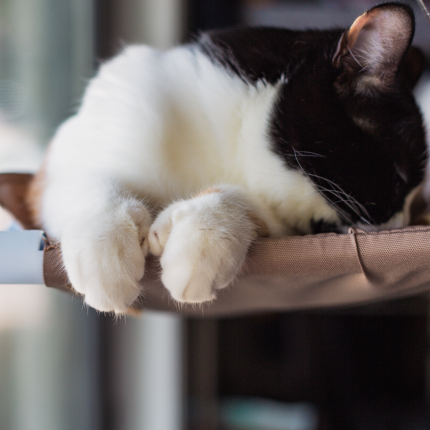
Polydactyl Cats: Just More Beans to Love
Polydactyl cats have become extremely popular in recent times. As a result, more and more people are interested in learning more about this six-toed cat and want to get one of their own. If you are a cat lover intrigued by polydactyl cats, you have come to the right place….
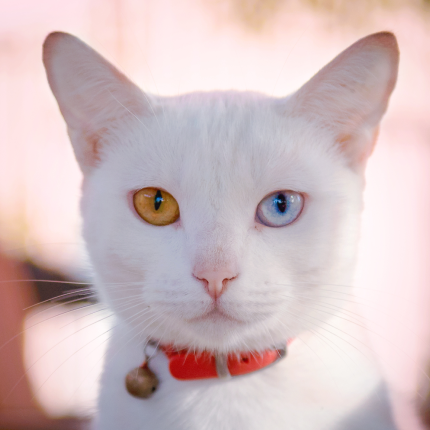
The Odd-Eyed Cat (AKA Heterochromia)
Cats are already beautiful and fascinating creatures, but people are bound to take notice when they have something as captivating as two different colored eyes. Odd-eyed cats always have one blue eye paired with either a green, yellow, or brown eye. This form of heterochromia occurs in other animals, including…
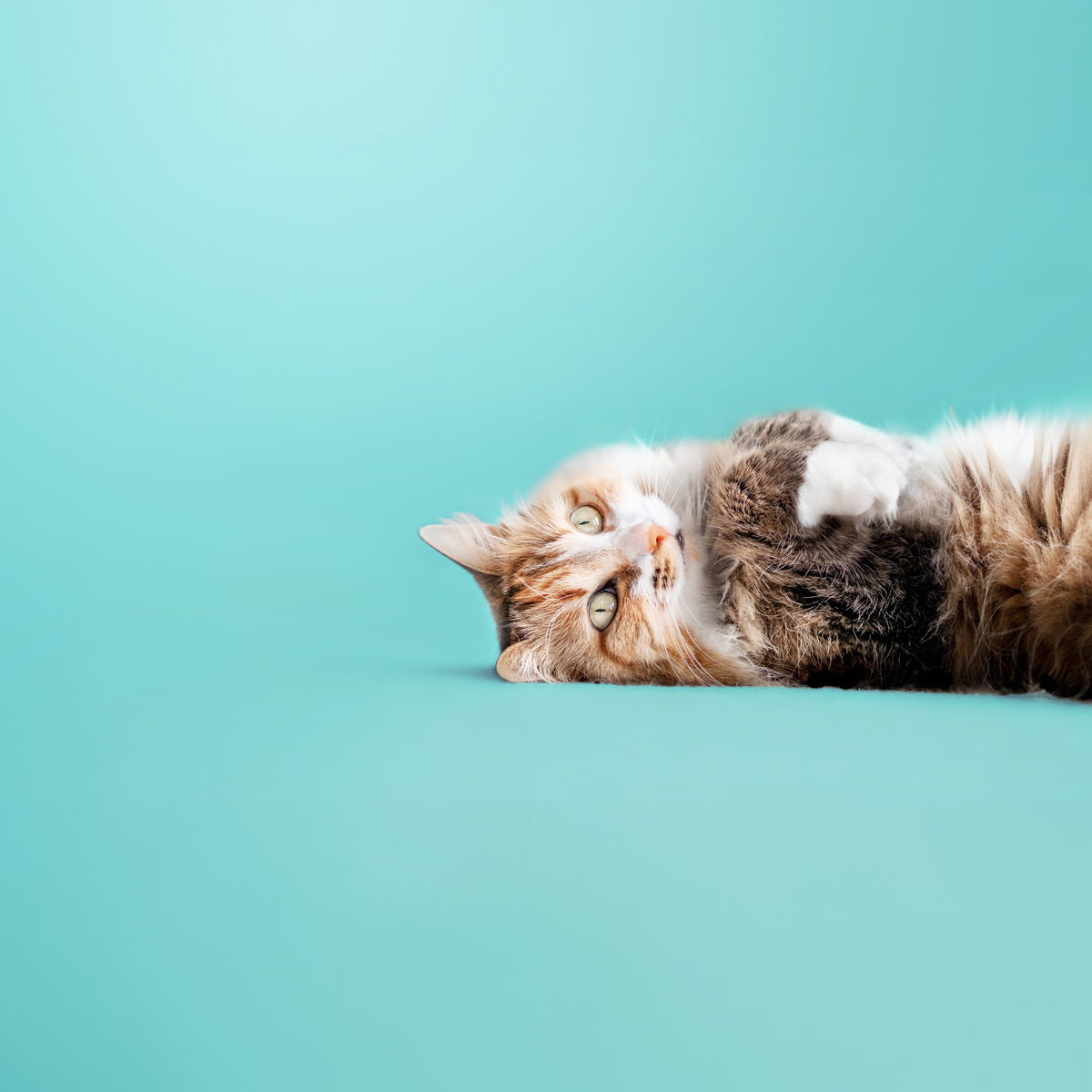
Why Do Cats Roll Over Into Their Backs But Not Let You Touch Their Bellies?
It’s common knowledge dogs love to have their tummies rubbed when they freely lay down before you and roll onto their backs. But, if you’re also familiar with cats, you know that when they roll onto their backs with their bellies exposed, rubbing the belly will most likely result in…
